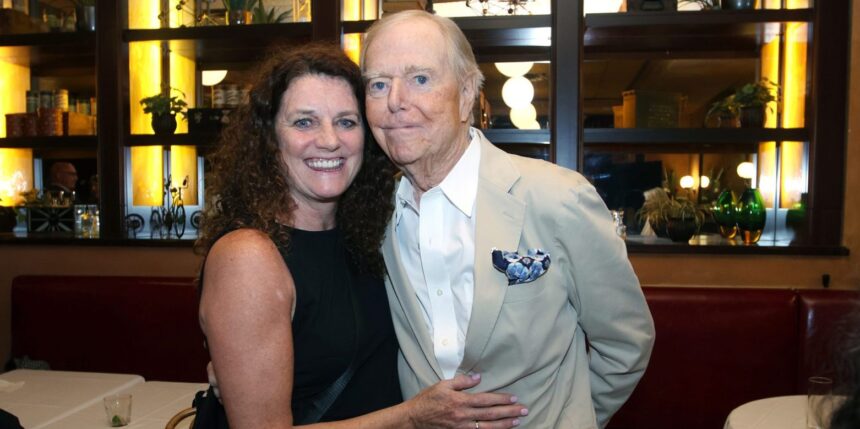The corridors of CBC will feel a little emptier this month as Sharon Musgrave, one of Canadian broadcasting’s most respected figures, signs off for the final time. After four decades of bringing Canada’s stories into our living rooms, Musgrave’s retirement represents more than just a personnel change—it marks the end of an era in Canadian journalism that bridged the analog age to our digital present.
From her humble beginnings in Balls Creek, Nova Scotia, where she started as what industry veterans called a “boom girl” (managing microphone positions during interviews), Musgrave ascended through the ranks when women in broadcasting faced significant barriers. Her journey wasn’t just professional advancement; it was a quiet revolution that helped reshape the gender landscape of Canadian media.
“When I started, they barely let women touch the equipment,” Musgrave recalled in her final interview with the network. “By the end, I was running the decision desk on election night.”
That trajectory speaks volumes about both Musgrave’s tenacity and the evolution of Canadian broadcasting. Her career spanned technological revolutions—from the days of physical tape editing to digital production suites—and cultural transformations that saw Canadian media gradually becoming more representative of the country it serves.
What distinguished Musgrave wasn’t just longevity but an unwavering commitment to journalistic integrity. During the 2011 federal election, when competing networks rushed to call results prematurely, Musgrave famously held the CBC decision desk back, insisting on verification that ultimately proved correct. “Numbers don’t lie,” became her unofficial motto, “but they can certainly mislead if you don’t respect them.”
This methodical approach earned her the nickname “The Validator” among colleagues. Former CBC News chief correspondent Peter Mansbridge called her “the network’s conscience” in a tribute that aired last week. “Sharon was often the person who would ask the uncomfortable question in editorial meetings that forced us to reconsider our assumptions.”
Her influence extended beyond the public broadcaster. As an early advocate for data journalism in Canada, Musgrave helped establish training programs that benefited journalists across multiple networks. Many of today’s prominent political analysts and correspondents cite her mentorship as foundational to their careers.
The timing of Musgrave’s departure coincides with broader transitions in Canadian media. Traditional broadcasters face unprecedented challenges from digital platforms, while public trust in journalism continues to face pressure from misinformation and partisan fracturing. In this context, Musgrave’s old-school commitment to accuracy over speed feels particularly valuable—and increasingly rare.
At her retirement gathering, attended by three generations of CBC journalists, Musgrave offered characteristically straightforward advice to young reporters: “The medium changes, the technology evolves, but the fundamentals remain. Get it right, give it context, and never forget that behind every statistic is a human story.”
As Canadian media continues its digital transformation, Musgrave’s legacy reminds us that technological evolution doesn’t negate the need for journalistic fundamentals. Her career embodies a bridge between journalism’s past and future—honoring traditional values while embracing innovation.
For viewers who grew up with Musgrave’s steady presence during national broadcasts, election coverage, and major events, her retirement feels personal. She represented reliability in an increasingly chaotic media environment—a trusted voice who prioritized clarity over sensationalism.
As Canada’s media landscape continues evolving, with CO24 Culture tracking these institutional shifts, Musgrave’s departure raises important questions about the preservation of institutional knowledge in journalism. When veterans with decades of experience leave, they take with them not just skills but contextual understanding that can’t be easily replaced.
Musgrave herself seems characteristically untroubled by such philosophical concerns. When asked about her plans for retirement, she mentioned gardening, her three grandchildren, and volunteering at her local community radio station. “I’m not disappearing,” she noted with a smile, “just changing channels.”
For a nation that has trusted her analysis of trends and events for decades, that reassurance feels appropriate. Though Musgrave may be leaving the national stage, the standards she championed remain vital guideposts for Canadian journalism navigating uncertain terrain. In an age of instantaneous reporting and algorithm-driven news cycles, her patient, verification-focused approach feels not obsolete but revolutionary—a reminder that in journalism, as in life, the race isn’t always to the swift, but to the accurate.
























